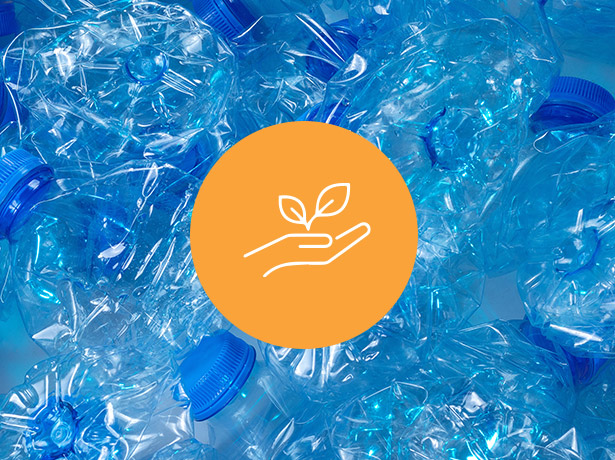Plastic pollution is currently one of the world’s most pressing environmental issues. Disposable plastic products are creating a massive waste stream that ends up in our environment, damaging ecosystems and habitats and endangering animals. The plastic pollution problem is huge and growing worse. Consider that:
- Over 30% of current global plastic waste ends up in the environment
- More than 11 million metric tons of plastic are flowing into the ocean each year
- By 2050, there could be more plastic in the sea by weight than fish
- 1 million marine animals are killed by plastic pollution every year
According to the EPA, plastic trash has the greatest potential to harm the environment, wildlife and humans. The EPA noted that “it has been estimated that plastic marine debris adversely affects at least 267 species globally, including 86% of sea turtles, 44% of seabirds, and 43% of marine mammals. The most common threats to wildlife include both physical hazards from ingestion and entanglement, and toxicological threats from ingestion of contaminants attached to and trapped within plastic particles.”
The New York Times recently reported on a study which revealed that 9.25 million to 15.87 million tons of microplastics — pieces of plastic waste that measure less than five millimeters long — are embedded on the sea floor. According to the article, that’s “the equivalent of 18 to 24 shopping bags full of small plastic fragments for every foot of coastline on every continent except for Antarctica.”
Plastics are formed of chemical bonds that are strong and made to last, taking hundreds of years to decompose. Plastic bottles that make their way into the environment and ecosystems can remain there for 450 years.
All of these plastic pollution statistics point to an urgent mandate to limit the flow of plastics into the environment by accelerating the global transition to a circular economy.
Kingspan is working to help tackle plastic pollution by increasing the use of recycled raw materials including using PET (polyethylene terephthalate) plastic bottles in the production of Kingspan insulation to help prevent them from ending up in a landfill or in the ocean. In fact, we have set a target to use recycled PET in QuadCore® insulation products at 20 of our QuadCore® manufacturing facilities by 2025. In 2020 we successfully implemented the use of recycled PET in QuadCore® insulated panel production at our Modesto, California, facility.
We are making progress in our efforts to support a circular economy, increase our use of recycled materials and stem the tide of plastic pollution. Our inaugural Planet Passionate Sustainability Report, reviewing the first year of progress in our 10-year strategy to reduce our environmental impacts by 2030, revealed that 573 million plastic (PET) bottles were recycled globally into insulation manufacturing processes. At that rate, we are on track to upcycle 1 billion PET bottles per year by 2025. That is enough recycled bottles to fill over 800 soccer fields.
It is clear that eliminating the flow of plastics into our environment is critical for creating a cleaner, more resilient environment. At Kingspan we are committed to growing the circular economy and breaking the “take, make, waste” cycle to reduce the amount of plastics ending up in landfills, on our shores and in our waters.


